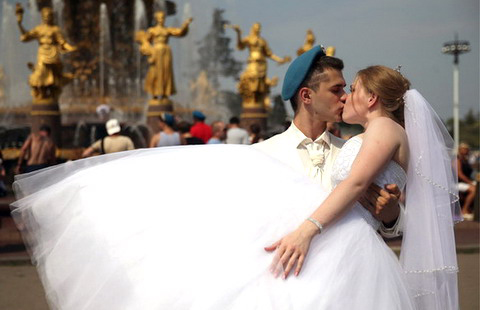Long-distance runner's sad lot: a bad air day
By Raymond Zhou (China Daily) Updated: 2014-10-25 07:39Now that the sources of smog have been identified, policymakers need to taken action to tackle them. And they have, or are starting to. For example, Hebei pledged to reduce its steel production by 20 percent in five years. That entails the loss of 140 billion yuan ($23 billion). And that is just one area out of many. With such big stakes, local governments obviously have to weigh the costs against the benefits.
But any complete cost-benefit analysis has to take into account the harder-to-gauge cost to health and comfort. One may be able to attribute a sudden bout of cough to a particularly bad smoggy day, but causes of many illnesses are almost impossible to quantify. (Attempts are being made, though, including one runner who carried a gadget that simulated human breathing.) Someone who inhaled too much smoggy air may not suffer from the consequences until decades later when his health startsfailing earlier than it otherwise would.
As for comfort, nobody can tally the value of a blue sky, fresh air and the scent of flowers. Usually one is unaware how precious these things are until they are gone. Speaking of comfort, solving air pollution is not just the government's responsibility, it is everyone's. Driving may be a thing of comfort compared with squeezing onto buses and subway trains, but it results in more PM2.5 emissions. So, the trick is in the balance.
Ideally, environmental costs should be curtailed even as the economy is taking off. That could be too much of a luxury for most places. It is too late to cry over spilled milk, but now we have reached another crucial stage, a threshold so to speak, across which will be the point of no return. This year's Beijing marathon is an acute reminder of how things will go on if we fail to muster the courage and tackle the problem head on.
Contact the author atraymondzhou@chinadaily.com.cn











